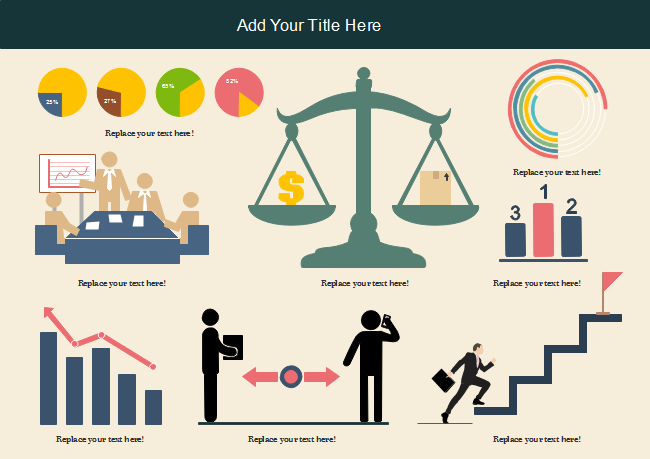Uncover The Surprise Prices And Effects Of Back-Pedaling An Efficiency Bond, And Learn Why It's Critical To Avoid This Expensive Misstep
Uncover The Surprise Prices And Effects Of Back-Pedaling An Efficiency Bond, And Learn Why It's Critical To Avoid This Expensive Misstep
Blog Article
Material Writer-
When a surety issues a performance bond, it guarantees that the principal (the party that purchases the bond) will certainly satisfy their commitments under the bond's terms. If bonding for business falls short to meet these responsibilities and defaults on the bond, the guaranty is responsible for covering any type of losses or problems that result.
1. Loss of credibility: Defaulting on a performance bond can harm the principal's credibility and reliability, making it more challenging to safeguard future service or financing.
2. Legal and administrative costs: The guaranty might need to pay legal and management expenses connected with seeking the principal for problems or trying to remedy the scenario.
3. Monetary losses: The guaranty might require to cover the price of finishing the task or supplying the services that the principal failed to deliver. This can lead to considerable financial losses for the surety.
4. Increased costs: If the principal has a history of back-pedaling performance bonds, they may be needed to pay greater premiums in the future to get the needed bonding.
Generally, defaulting on an efficiency bond can have significant financial consequences for both the principal and the guaranty. It is essential for principals to very carefully consider their responsibilities and ensure they have the ability to satisfy the regards to the bond to prevent these adverse end results.
Back-pedaling an efficiency bond can be an expensive mistake for services. When you fail to fulfill the bond's responsibilities, the economic consequences can be substantial. From paying the complete bond total up to possible legal battles and damaged partnerships, the effects can reverberate throughout your company procedures. Comprehending work for contractors of financial effects that defaulting on a performance bond can have is critical for securing your firm's monetary health and wellness and reputation.
Financial Penalties for Defaulting
If you back-pedal a performance bond, you'll likely face considerable punitive damages. These penalties can differ depending upon the regards to the bond agreement but often involve paying the bond quantity in full to the obligee. This means that if you stop working to satisfy your contractual commitments, you have to pay the bond total up to the project owner or the entity that required the bond.
Additionally, you might additionally be in charge of any added prices sustained by the obligee as a result of your default, such as finding a substitute professional or covering job delays.
Back-pedaling a performance bond can also cause lawful fees and court costs if the obligee determines to take legal action versus you to recover the bond amount. These expenses can rapidly add up, more aggravating the economic impact of your default. It's necessary to very carefully examine and comprehend the terms of the efficiency bond to prevent these serious financial penalties.
Influence On Company Cash Flow
Back-pedaling a performance bond can significantly impact your business cash flow, impacting economic stability and functional capabilities. When you default on a performance bond, you risk shedding the bond quantity, which can be a significant sum. This loss straight affects your capital, as you'll need to find alternate sources of funding to cover the bond amount. In addition, skipping can result in raised examination from sureties, making it harder and much more expensive to protect bonds in the future. This can further stress your cash flow as you may require to designate added resources to meet bonding demands.
The effect on your cash flow doesn't quit there. Back-pedaling an efficiency bond can additionally cause job delays or cancellations, causing a loss of earnings. In addition, the adverse credibility that includes defaulting can hinder prospective customers, further minimizing your capital. Overall, defaulting on an efficiency bond can have destructive results on your business's monetary health and wellness and capability to run smoothly.
Lawful Ramifications and Lawsuits
Dealing with legal implications and potential lawsuits because of back-pedaling a performance bond can considerably impact your company's credibility and economic standing. When you back-pedal a performance bond, the surety company may take lawsuit to recover the bond amount paid. This might cause pricey legal costs, court expenses, and possible settlements or judgments versus your organization.
In licensed insured and bonded , defaulting on a performance bond might result in damaged relationships with clients, subcontractors, and suppliers, impacting your capacity to secure future agreements. Claims developing from bond defaults can taint your business's reliability in the industry, making it challenging to bring in brand-new partners or customers.
Additionally, if the default causes a court judgment versus your business, it might cause property seizure or liens, further straining your monetary security. For that reason, it's essential to comprehend the legal effects of back-pedaling a performance bond and take proactive actions to reduce the threats involved.
Conclusion
As you deal with the effects of back-pedaling a performance bond, remember this: it resembles strolling a tightrope without a safety net. One incorrect action can send you dropping into an economic freefall, without way to stop the loss.
The financial penalties, capital effect, and legal ramifications are all waiting to catch you if you mistake. So walk carefully, and always honor your commitments to prevent the rough effects of default.
